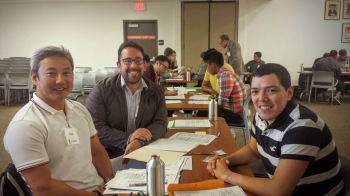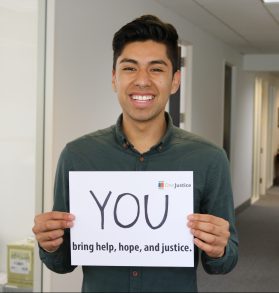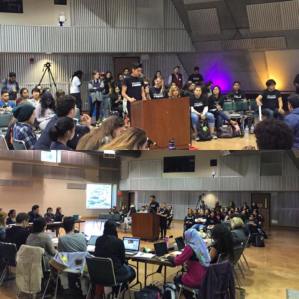Join us as we celebrate Chris Schneider at this year’s Opening Doors to Justice event!
We can’t believe it’s already May! This month, we’re excited to introduce you to both of this year’s Opening Doors to Justice event honorees, Chris Schneider and Suk Lee! Each year, the OneJustice network comes together to honor individuals who have brought help, hope, and justice to Californians in need, and who are committed to advancing access to justice.
We asked Chris to tell us more about himself and his work over the past few years. We’re honored to recognize Chris for his efforts to increase legal services in the Central Valley. Please join us in welcoming our first honoree, Chris!
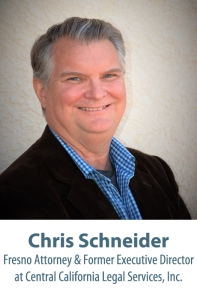
Thank you for joining us today, Chris! Tell us, what does “justice” mean to you?
Martin Luther King Jr. spoke of justice as love in action. I view the social justice movements that I have been privileged to work with, both inside and outside of legal services, to be just that.
We couldn’t agree more, and that’s also one of our favorite quotes! Why have you committed your time increasing access to civil legal services?
On my parents’ 19th wedding anniversary, they lost their home to the bank. At age ten, I learned how the law too often works against hard working, low-income families, especially if they don’t have access to an attorney to help them. My eight brothers and sisters and I were taken in by friends and relatives while my parents struggled mightily over the next few months to find a new home and eventually reunite the family. By pure coincidence, 20 years to the day after our family became homeless, I was sworn in as an attorney. In my comments at the swearing in ceremony, I told my parents that obviously I could not do anything about what happened to them twenty years earlier, but I promised to them, and all my colleagues there from the United Farm Workers, that I would fight like hell when I saw injustices heaped upon my clients.
Before coming to work in a legal services program, I was generally aware of the insufficiency of resources for legal aid programs. My work at California Rural Legal Assistance and Central California Legal Services (CCLS) made me woefully cognizant of how great that insufficiency is, especially in rural areas. As a result, injustice runs rampant as employers, slumlords, and others take advantage of people knowing that the likelihood of them being able to find an attorney is minimal. Undocumented individuals are especially vulnerable in areas where the only legal aid programs have federal funding restrictions which prevent them from assisting.
Access to civil legal services is an important, and often, essential tool for disenfranchised individuals and communities. But due to the lack of resources, increasingly more and more families facing homelessness, women and children seeking to escape family violence, elders enduring abuse, people wrongfully denied health coverage by their insurers, children improperly expelled from school and at risk of being swallowed up into the prison pipeline, communities seeking basic services like safe drinking water, workers who have been robbed of their wages, in short, the most vulnerable in our society, are denied their day in court or go to court unrepresented, because legal services programs are overwhelmed.
Your journey is truly inspiring! Can you tell us about one particularly rewarding experience you’ve encountered over the years?
Choosing just one is extremely difficult. Over the decades, I have had the good fortune to witness numerous important victories for our client communities. In March of 2000, CCLS issued a study entitled “Suffering in the Pastures of Plenty: Experiences of H-2A Sheepherders in California’s Central Valley.” The report exposed how sheepherders were exempt from federal and state protective labor laws, thereby making this treatment legal.
Worse, the U.S. Department of Labor (DoL), through improperly implemented regulations, sanctioned many of the deplorable conditions and set the wages. Media reporting on the study caught the attention of many. Within a year, even with tremendous opposition from powerful agribusiness organizations, California passed the first protective labor law legislation for sheepherders anywhere in the United States and significantly increased their wages. Other legal aid organizations across the country began to take on the issue. Late last year, the improperly implemented DoL regulations were finally replaced and sheepherders nationwide gained wage increases and some minimal protections. There is still far to go, however.
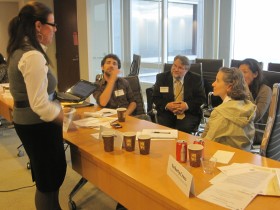
Chris with fellow Executive Fellows at one of their sessions in 2012.
Wow, sounds like a significant win! Can you now tell us how you became involved with OneJustice?
Shortly after I began at CCLS, I had the opportunity to serve on the Board of Directors of the Legal Aid Association of California (LAAC). At that time, LAAC was staffed by the then Executive Director of the Public Interest Clearinghouse (PIC), Nancy Strohl. PIC was the predecessor organization to OneJustice. I worked with PIC and OneJustice on numerous projects over the years and was lucky enough to be selected to participate in the Executive Fellowship Program in 2012.
And finally, who is your favorite social justice hero, and why?
While I am inspired by the strategies, tactics, commitment, and vision of well-known leaders such as Gandhi, Martin Luther King, Jr., and Cesar Chavez, my favorite social justice heroes are those who, for the most part, are not named in the history books or not known much beyond their own families and friends. My heroes are the unsung participants of social justice movements who overcame fear and took great personal risks: the Indian Salt March participants beaten by the police; the men and women of Montgomery who walked to and from work, no matter how tired they were; students hosed down when they marched; farm workers who left their jobs and traveled across the country to urge consumers to boycott grapes and lettuce. Without tens of thousands of people who have been willing to take such risks, Gandhi, King and Chavez and so many others hailed for their leadership would be unknown.
Thank you so much for your time, Chris! We can’t wait to celebrate you on June 23rd!
Folks, if you haven’t already done so, mark your calendars today:

avan117
californiahearings
cmcconkeyonejustice
jennafinkle
Julia R Wilson
Kelsey Williams
kimirishonejustice
Lauren Roberts
Michael Winn
miguelcas3
OneJustice Team
probonotraining
Renée Schomp
stephaniemhernandez
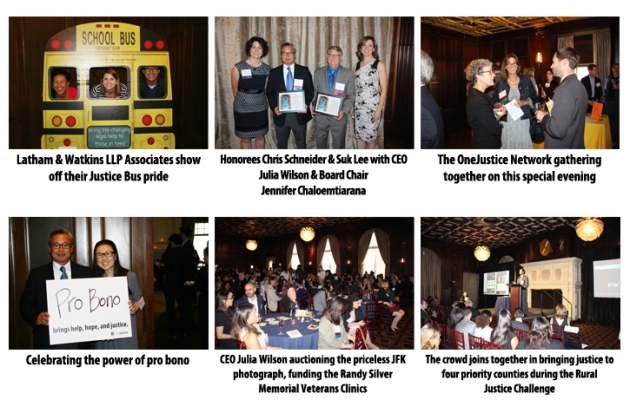







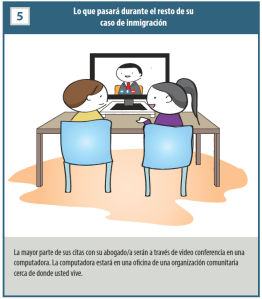
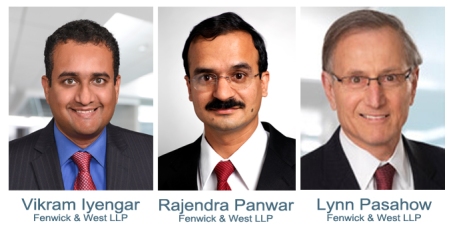
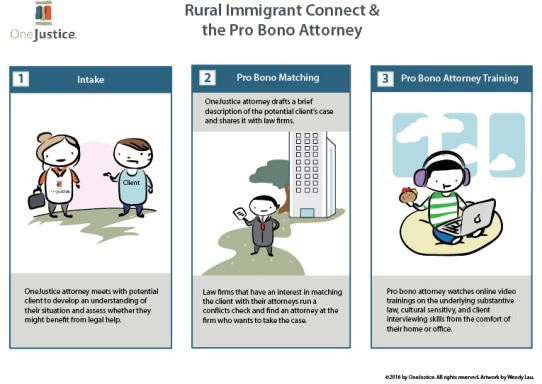
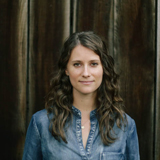 Renée Schomp is an Equal Justice Works Fellow sponsored by Fenwick & West LLP and Staff Attorney at OneJustice. She currently spearheads the Rural Immigrant Connect project in California’s Central Valley.
Renée Schomp is an Equal Justice Works Fellow sponsored by Fenwick & West LLP and Staff Attorney at OneJustice. She currently spearheads the Rural Immigrant Connect project in California’s Central Valley.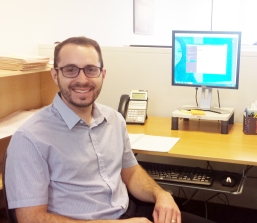
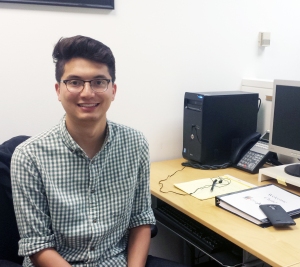
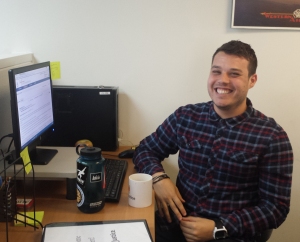
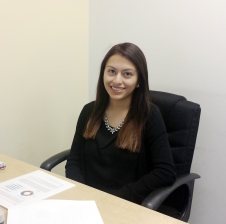
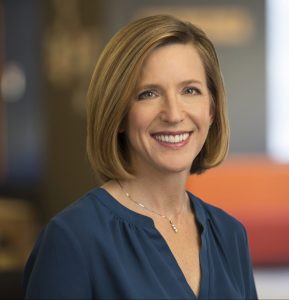
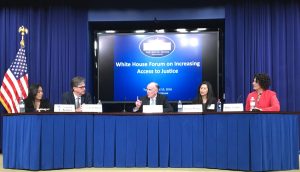
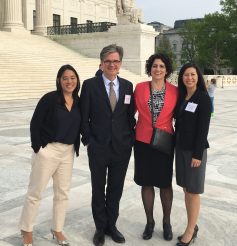
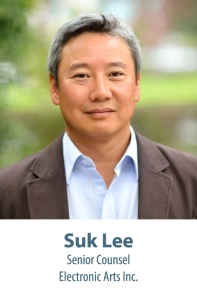 Thank you for joining us, Suk! Tell us, what does “justice” mean to you?
Thank you for joining us, Suk! Tell us, what does “justice” mean to you?